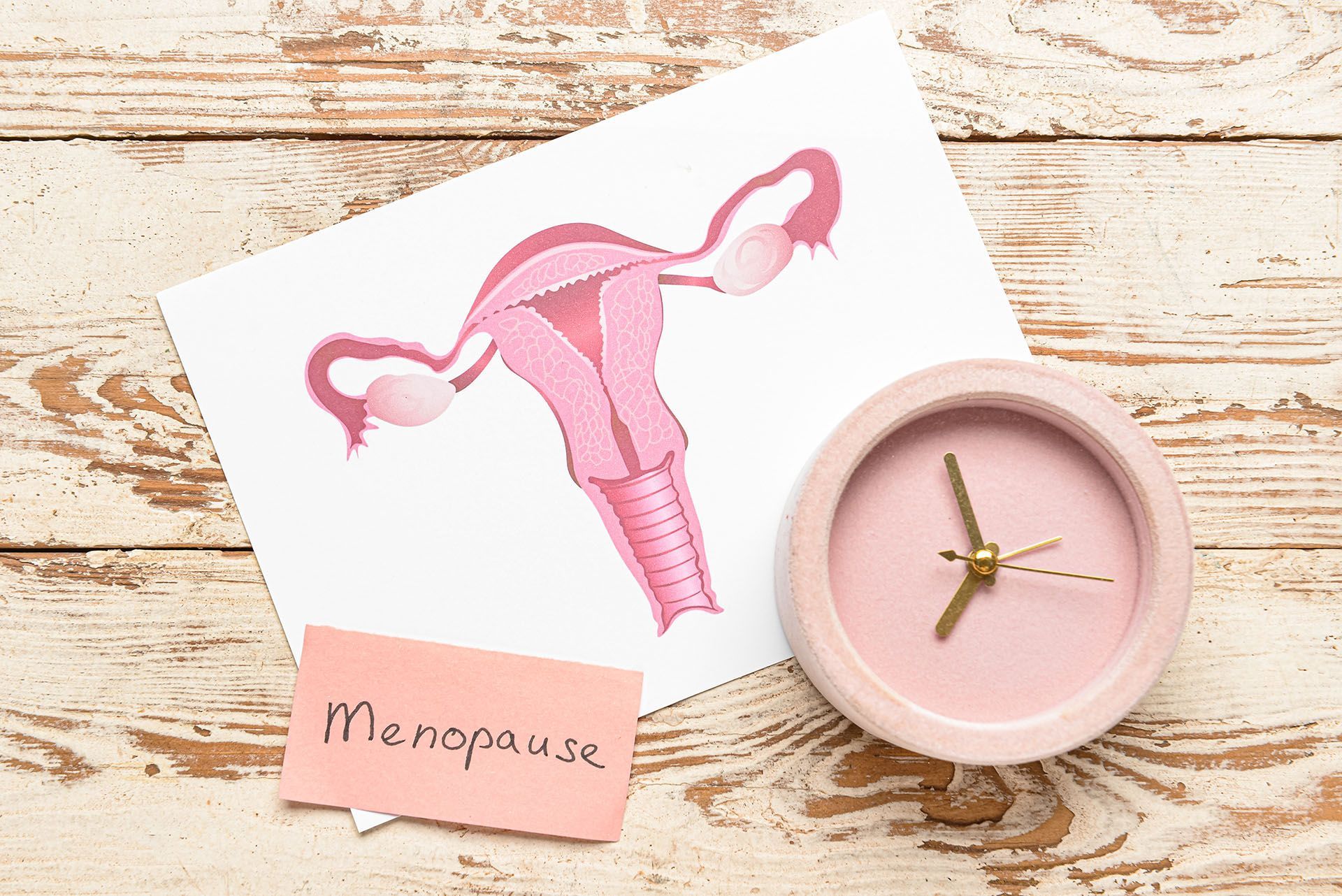Understanding Rectocele: A Common Pelvic Floor Condition
Do you ever feel a bulging sensation in your vaginal area or struggle with difficulty passing stool? These could be signs of a rectocele, a common pelvic floor disorder affecting many women. In this blog, we'll break down what rectocele is, its symptoms, causes, and how a colorectal surgeon can provide the specialized care you need.
There is a thin wall of tissue between the vagina and the rectum called the “rectovaginal septum.” A rectocele occurs when this septum becomes weak, causing the rectum to push against the vaginal wall and creating a bulge inside of the vagina. This can result in uncomfortable symptoms such as a feeling of fullness or pressure in the pelvis, difficulty with bowel movements, and even fecal incontinence. While aging and childbirth are common causes of rectocele, it can affect women of all ages.
As a board-certified colorectal surgeon with an interest and focus on colorectal pelvic floor disorders, I am more than happy to help you navigate the treatment options for rectocele. Although not all rectoceles require an intervention, I can provide a comprehensive evaluation, diagnosis, and a tailored treatment plan to help you regain comfort and confidence in your daily life. Don't let rectocele hold you back—reach out today for personalized care and support.
SHARE ARTICLE:
SEARCH POST:
RECENT POSTS:






